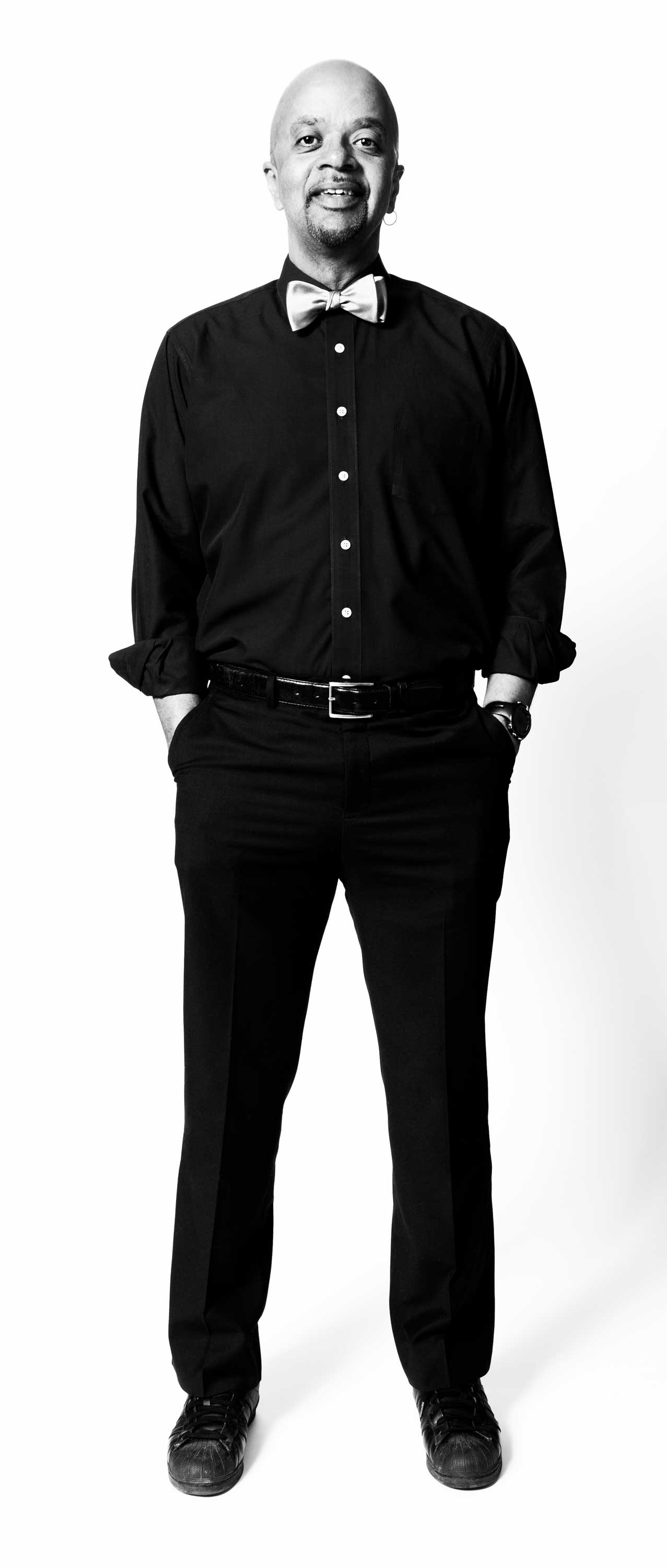
You write that most James Brown biographers aren’t stupid enough to try to present a complete picture of his life. Why did you want to try?
The American cultural landscape is skewed toward who can scream the loudest. In his time, James Brown could scream–but there’s a deeper level of his cultural importance, which I felt wasn’t really addressed by other books. And I look at him also from the perspective of being a black musician as well as a writer, so he was very important to me.
The subtitle is Searching for James Brown and the American Soul. How do you define soul?
I don’t think soul is necessarily a black thing. Dolly Parton has soul. Willie Nelson is loaded with soul. Jonathan Demme has soul. Soul is really the American way of spreading love and also [conveying] information about people who have less. That’s my definition of soul. And in that regard James Brown was the king.
Is soul something you can develop?
No, no. Soul is in you. Either you have it or you don’t.
Did you learn anything about James Brown that surprised you?
That he was disappointed in the evolution of African-American life. The business of people by the thousands, or the hundreds of thousands, who didn’t work. He wasn’t a fan of welfare.
You’re pretty tough on the biopic Get On Up, calling it out as inaccurate for making him look more “wacko” than he was. Is that your journalism background showing?
Part of the problem is that James Brown’s life was fictionalized by James Brown himself. He felt white people didn’t really care where he came from. He was just a poor black guy. He could say anything he wanted; the Horatio Alger story sells well. But as a journalist, when you go down to try to ferret out the facts, you find out a lot of different things.
How do you do that while telling the story of someone who wanted to keep those secrets?
We all wear masks to hide the deeper part of ourselves. I had to push beyond that in order to understand how he became such a great artist.
Those masks also come up in your novel The Good Lord Bird. What attracts you to the idea?
We have a hard time talking to each other in America. We just can’t seem to get past this business of race. Which, by the way, I’m exhausted talking about.
You’re working on an HBO miniseries about Martin Luther King Jr. with Taylor Branch, David Simon and Ta-Nehisi Coates. What’s that writers’ room like?
David Simon is like Duke Ellington. Ellington had this big band of great soloists, and he’d just turn ’em loose and let each play their solos.
Brown and King are such monumental figures to tackle. Where do you even start?
You go to the corners. Everybody knows about James Brown, but very few people know about Fred Wesley and Pee Wee Ellis, who helped create his sound. In the case of the [HBO show], we’re not writing about Martin Luther King very much. We’re writing about the sharecroppers and the college students in Mississippi who got their heads beat in, and the poor folks who went to town to register to vote and got their heads knocked in, and the white Southerners who tried to change and suffered the brutal rebuke of their own neighbors. You go to the toe first and work your way to the eyeball, not the other way around.
It’s been 20 years since you wrote The Color of Water. How does life compare with your expectations back then?
When I wrote it I was a different person. I was seeking a kind of peace in terms of my identity. I have that peace now.
–LILY ROTHMAN
More Must-Reads from TIME
- Cybersecurity Experts Are Sounding the Alarm on DOGE
- Meet the 2025 Women of the Year
- The Harsh Truth About Disability Inclusion
- Why Do More Young Adults Have Cancer?
- Colman Domingo Leads With Radical Love
- How to Get Better at Doing Things Alone
- Michelle Zauner Stares Down the Darkness
Write to Lily Rothman at lily.rothman@time.com